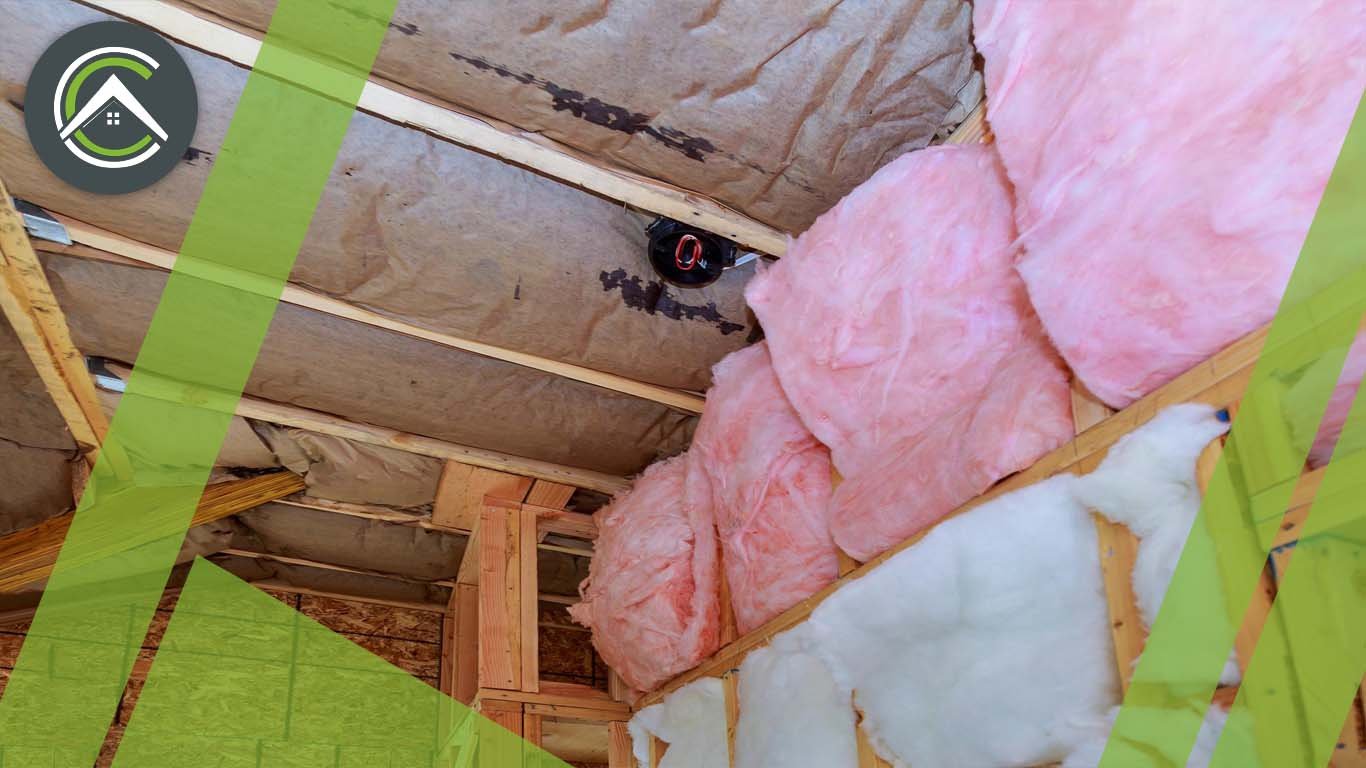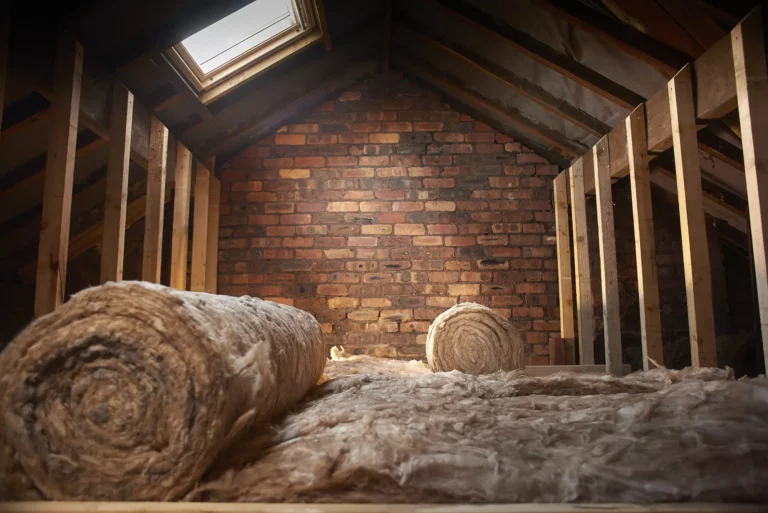Are you looking for strategies to improve the efficiency of your heating and cooling systems while optimizing energy savings? This thorough guide will cover heat pump services, from maintenance to pricing considerations and energy-saving techniques.
Join us on this trip as we uncover the keys to creating maximum comfort and sustainability in your home.
What Is Energy Efficient Heat Pump?
Heat pumps provide an energy-efficient alternative to furnaces and air conditioners in all climates. Like refrigerators, they use electricity to transfer heat from a cold to a warm space, cooling the incredible space and warming the generous space.
Heat pumps transfer heat from the cool outdoors to your warm home during the heating season. Heat pumps transfer heat from your home to outside during the cooling season.
Heat pumps can produce acceptable temperatures in your house since they transfer heat rather than generate it.
How Does a Heat Pump Work?
Heat pumps transmit heat from one location to another using various air or heat sources. Air-source heat pumps share heat from the air within a residence to the air outside, whereas ground-source heat pumps (also known as geothermal heat pumps) transfer heat from the ground outside a home.
We will concentrate on air-source heat pumps, but the fundamental operation is the same for both.
How To Clean Heat Pump Step-By-Step
You can clean a heat pump yourself. Here is a step-by-step tutorial for cleaning your heat pump:
Step 1: Remove The Dust From The Filter
It would be best to clean your Heat Pump’s filters once a season (every 3 to 4 months). Dust and debris can accumulate over time and clog air filters, reducing airflow. Cleaning your filters regularly ensures that your Heat Pump runs at peak performance and consumes less energy.
Removing and cleaning your filters is a simple procedure you can accomplish without the assistance of an expert.
How To Clean Heat Pump Filters? Step-By-Step Guide
- Before you begin, make sure your Heat Pump is off.
- Remove your unit’s front panel.
- Remove the air filter and clean it with a small brush or a vacuum attachment. You may also rinse with lukewarm water. If so, place in a shaded spot to dry or use a soft dry cloth.
- Insert the air filter back into the machine and reinstall the front panel.
Step 2: Wash The Indoor Unit Grilles
Dust builds on your indoor unit’s grilles. To ensure adequate air movement, gently vacuum along the grooves or wipe with a moist cloth.
Step 3: Clean up the outdoor unit
Did you know that cleaning the outdoor unit of your heat pump air conditioning system is equally as vital as cleaning the indoor unit’s air filters?
To keep your outdoor unit functioning smoothly, keep it free of organic matter such as leaves, weeds, and dirt.
Then, disconnect the outside unit from the electrical source before cleaning it. This switch is located close to the outdoor unit.
Wash the unit with low-pressure water from a garden hose.
Step 4: Do The Heat Pump Services Once Every 12 Months
The advice provided above will assist you in keeping your unit operational and efficient. However, they do not eliminate the necessity for your system to be professionally maintained by an accredited Heat Pump Air Conditioning technician.
A professional service will ensure that your system runs smoothly and efficiently, bringing comfort into your home while extending the life of your investment.

Simple Methods To Make Your Home Heat Pump Ready
Did you realize your roof might lose up to 30% of its heat? Improving your loft insulation is a brilliant place to begin when prepping your home for a heat pump. On average, you must lay roughly 270mm of wool insulation throughout your attic, which a homeowner could easily do over a few days.
Properly insulating your attic can save up to 20% on your annual heating expenditures, lower your carbon footprint, and enhance indoor air quality.
Wall Insulation
If your house was built after the 1940s, it likely has cavity walls, which are hollow in the center. Cavity walls can be easily insulated; insulation reduces heat loss by filling the air space with material that prevents heat transmission.
This immobilizes the air within the cavity (air remains the primary insulator), prevents convection, and can significantly cut space heating expenses.
If your home was built after the 1990s, the insulation throughout will likely be enough for a heat pump installation, as more modern homes are designed to retain heat better. If you find yourself in this situation, having your local plumber or installation inspect your home’s insulation is essential before installing a heat pump.
Windows and Doors
Windows and doors are another source of heat loss in the home; therefore, insulating them with double glazing is essential before installing your heat pump. An insulating layer of double glazing on windows and doors throughout your home will help keep chilly outside temperatures from affecting the indoor climate.
Double glazing will not only make your home seem warmer immediately but also reduce the amount of heating you require.

Benefits of Heat Pump Services And Maintenance
Lower your energy bills
Frequent servicing ensures that your heat pump operates as efficiently as possible, which may save your energy expenditures.
Enhanced indoor air quality
A service can help eliminate dust, dirt, and allergies from your home, improving the air quality.
Increase the lifespan of your heat pump
Schedule regular service to avoid severe malfunctions and extend the life of your heat pump.
Improved home comfort
Properly maintained heat pumps can adjust temperature and humidity levels, creating a more comfortable living space.
Peace of mind
Regular service can help identify and avoid possible problems, providing peace of mind and lowering the likelihood of unexpected breakdowns.
Environmental benefits
Heat pumps are an environmentally friendly alternative to traditional heating systems, and regular maintenance may help them perform at their best.
How Much Do Heat Pump Services Cost?
The cost of heat pump services varies depending on the system. Heat pump services start at $315, including VAT. This covers all labor changes; however, additional charges may apply if replacement components are required. To schedule a heat pump service, contact your local renewables partner.
If your system is still under warranty, you must schedule regular servicing and maintenance to keep it in good working order.
If You Need Heat Pump Contractors Call Now
Ready to transform your home into an energy-efficient haven? Confirmedc certified heat pump installers guarantee top-notch service and savings. Act now and schedule your installation!
FAQs
Why is heat pump maintenance necessary?
Heat pumps require regular maintenance to work efficiently and effectively like any other mechanical equipment. Regular maintenance assures peak performance and increases the lifespan of your heat pump. Neglecting maintenance might result in costly repairs or a total replacement.
How often should heat pump maintenance be performed?
Heat pumps should be maintained at least once a year, ideally before the heating or cooling season begins. Regular maintenance will help detect possible faults before they become significant problems.
What happens during the heat pump services?
A professional technician will run various tests and inspections during a standard heat pump service to ensure your heat pump runs efficiently. These tests can include:
- Checking refrigerant levels: Low refrigerant levels might force your heat pump to work harder, resulting in higher energy consumption and lower performance.
- Inspecting electrical components entails testing electrical connections, relays, and capacitors. Faulty electrical components might cause the heat pump to malfunction or cease operation entirely.
- Cleaning the exterior unit: Dirt, debris, and other impurities can accumulate on the outside unit, forcing the heat pump to work harder to maintain the correct temperature.
- Lubricating Moving Parts: Friction from moving parts might wear down the heat pump. Proper lubrication can help avoid this.
- Checking thermostat settings: Incorrect thermostat settings might cause the heat pump to run longer than necessary, resulting in higher energy usage.



